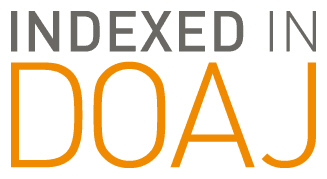Abstract
Evidence-based practice (EBP) has been promoted and adopted broadly and has led to advances in health and human services. Notwithstanding the underlying rationale of EBP philosophy to diversify the current body of information concerning evidence-based practices, this paper draws attention to critical thinking fallacies that confound non-evidence-based “treatment as usual” practice with actual EBP philosophy. Flawed belief systems about EBP, in tandem with a compliance-based culture, fail to provide structure to the possibility of evidence-based practice philosophy and proper use of EB treatment modalities. Impediments to EBP implementation are created by lack of “responsible knowing” and this results in practitioner complacency toward means of augmenting effective treatment. However, insofar as EBP implementation confronts tension between ‘responsible knowing’ and compliance-based program culture, it gives way to confusion, misdirection, and complacency towards what can be known about EBP and the information gleaned about it. Effectively limiting important aspects of being a responsible knower in terms of the ability to embody accurate knowledge and practice philosophy. Thus, the compliance-based ethic risks incompatibility with the ethical freedom necessary for responsible knowing and is in constant conflict with the proper implementation of EBP.
Keywords: compliance-based ethics, evidence-based practice, fallacies, testimonial injustice, critical thinking, human services
Recommended Citation
Williams, Izaak L.
(2017)
"At the pillar of the proverbial Golden Calf: Sacrificing the Need for ‘Responsible Knowing’ on the Altar of a Compliance-Based Ethic,"
Journal of Human Services: Training, Research, and Practice: Vol. 2:
Iss.
2, Article 1.
Available at:
https://scholarworks.sfasu.edu/jhstrp/vol2/iss2/1
Included in
Community-Based Research Commons, Counseling Commons, Counseling Psychology Commons, Health Psychology Commons, Multicultural Psychology Commons, Other Social and Behavioral Sciences Commons
Tell us how this article helped you.
